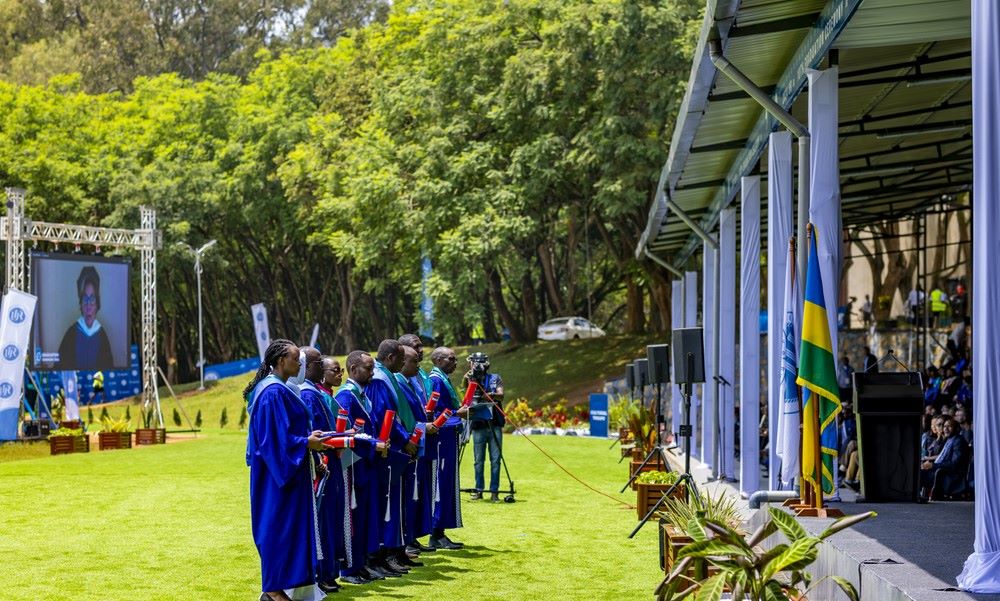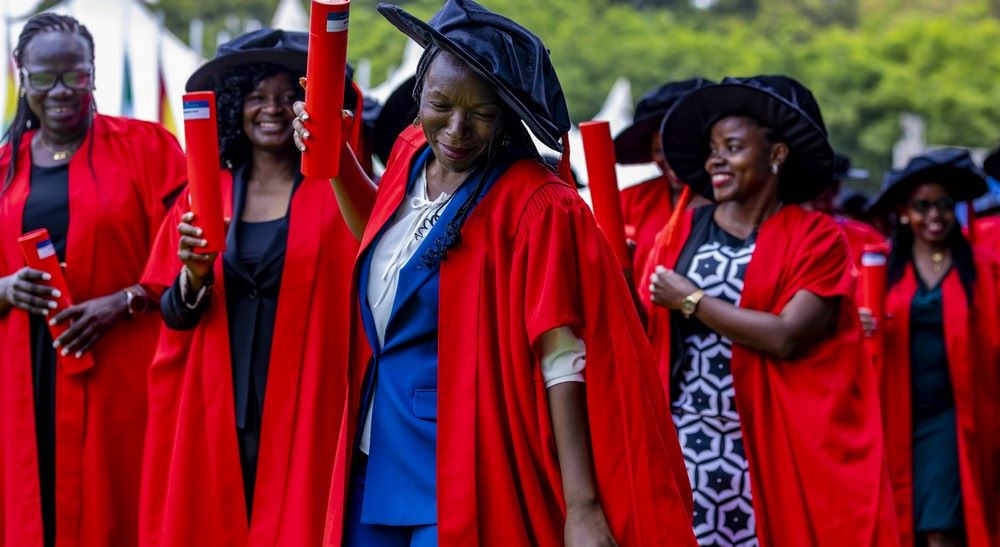Rwandan graduates, who have often faced the challenge of limited job opportunities at home, can now confidently look beyond national borders to regional markets in Nairobi, Kampala, Dar es Salaam or Bujumbura, thanks to a harmonized credit and course system across East Africa.
Similarly, a student midway through their studies in Rwanda can transfer to a university in Uganda or Kenya and continue seamlessly without being downgraded.
This breakthrough comes under an initiative of the Inter-University Council for East Africa (IUCEA), which has set up common benchmarks and standards to enhance both academic and workforce mobility within the bloc. It is part of a broader regional strategy to combat youth unemployment.
Last week, education ministers, policymakers and university leaders convened in Kampala, Uganda, for the first-ever regional ministerial conference on higher education. Their mission was to align national systems, harmonize qualifications and create a common higher education space for the region.
“This is the essence of harmonization. It allows the mobility of students and staff and makes sure our qualifications are recognized everywhere in the region,” said Ignatius Kabagambe, the Public Relations Officer at the University of Rwanda.
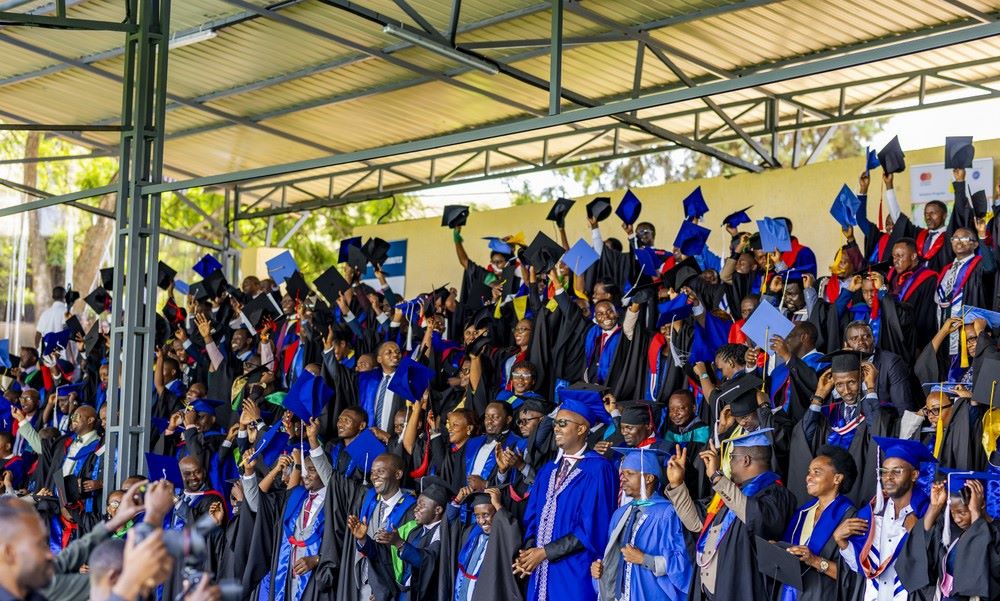
What does it mean for Rwandans?
In practical terms, a graduate who earns a degree in Kigali can now apply for a job in Nairobi, Kampala, Dar es Salaam, or Bujumbura without worrying about their qualifications being downgraded or dismissed.
For graduates contending with unemployment at home, this presents new opportunities. The International Labour Organization (ILO) reported in 2023 that more than 72 million young Africans were not in employment, education, or training.
In East Africa, graduate unemployment remains stubbornly high, largely due to mismatches between education systems and the labour market. A harmonized qualifications framework could help dismantle these barriers.
Education researchers describe this move as “a historic opportunity.” For years, the lack of recognition of degrees across the region forced many young people to seek validation from institutions outside Africa. With harmonization, the region itself is becoming the marketplace.
Rwanda, like its neighbours, struggles with graduate unemployment. Each year, thousands of young people enter the labour market, yet only a fraction secure formal jobs. The harmonization drive could open new doors, particularly given emerging regional industries.
Kenya’s booming tech sector, Uganda’s oil and gas industry, Tanzania’s expanding agriculture sector, and Rwanda’s digital transformation strategy are all generating opportunities that require talent across borders.
For Rwandan graduates, competing in these spaces with recognized qualifications could be a turning point.
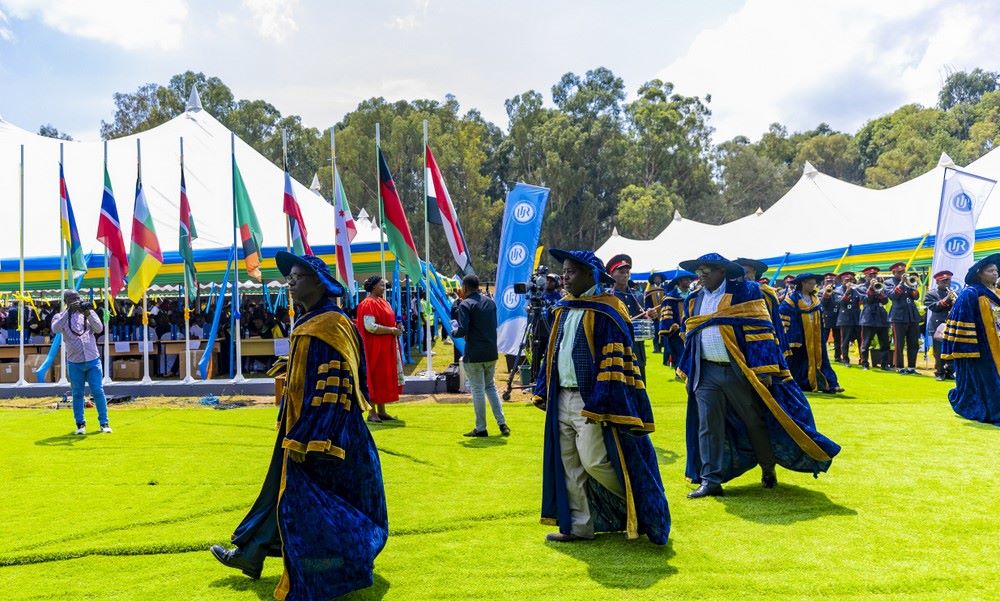
Benefits for Rwanda
Harmonization is not only about jobseekers. It strengthens Rwanda as a higher education destination. Rwandan universities could attract more students from across East Africa, boosting revenue streams and fostering academic exchange.
Already, Rwandan professors and lecturers are eligible to teach in other EAC states without being downgraded.
“The sharing of staff and expertise is crucial. A professor from Rwanda is recognized as a professor everywhere in the region. This not only empowers our academics but also raises the overall quality of higher education,” Kabagambe said.
The East African Community (EAC) Vision 2050 recognizes education integration as central to regional prosperity. By harmonizing curricula, qualifications, and credit systems, the bloc aims to build a skilled, mobile workforce capable of meeting the demands of the 21st century.
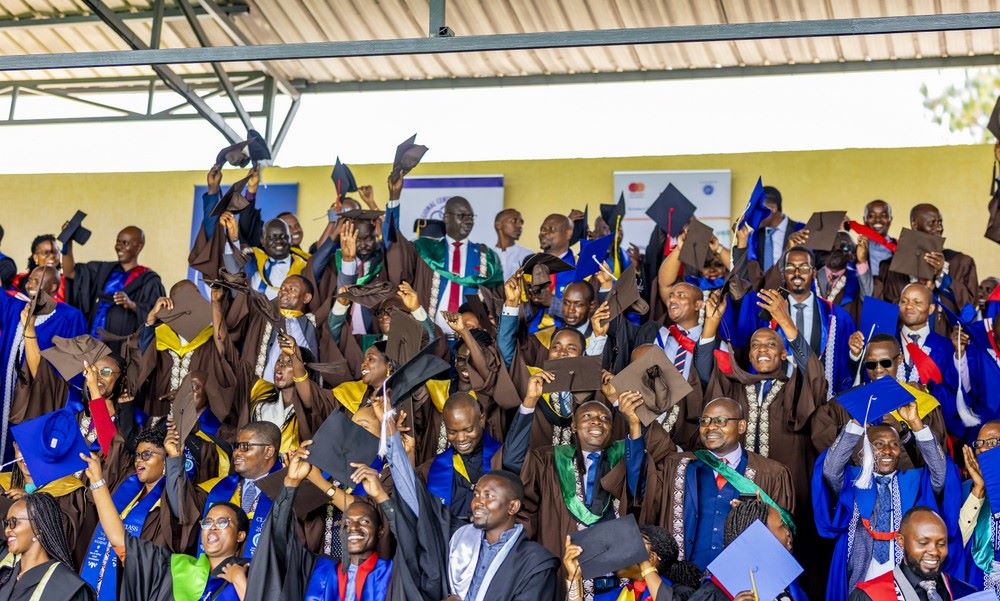
Overcoming challenges
Despite the progress, challenges remain. Countries differ in the strength of their higher education systems. Kenya, for example, has a larger private university sector compared to Rwanda, while Uganda has long-established institutions with regional influence.
This means Rwanda must continue to invest in research, innovation, and teaching standards to stay competitive in the open regional market.
There is also the cultural aspect. Historically, many Rwandan graduates have looked abroad, often to Europe or North America, for further studies and work, with less focus on mobility within Africa. This mindset could limit opportunities at home.
“If we continue to overlook regional opportunities, other countries will take the lion’s share of the benefits. We need to encourage our graduates to embrace regional mobility as part of their career path,” warned a Kigali based education researcher.
More challenging though is that if many skilled Rwandan professionals move to other EAC states for better-paying jobs, Rwanda’s own economy could lose out. The solution therefore lies in balance by promoting outward mobility while creating incentives for professionals to return home with new skills and experiences.
Education is no longer confined within national walls, it is regional, it is global. For Rwandans, the question is whether they are ready to seize the opportunities or let them pass by.
